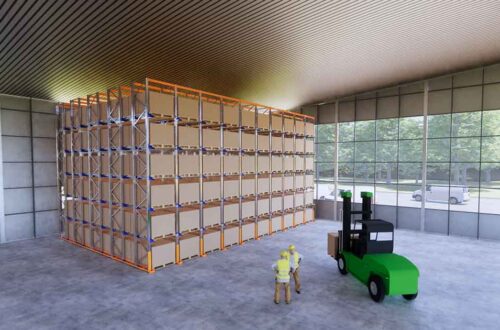When furniture is discarded, it often ends up in landfill, taking up space and contributing to environmental issues. However, furniture recycling provides an innovative way to combat this problem while offering significant benefits to both communities and the environment. For Australians, this practice has gained considerable traction as awareness of sustainability grows. A great example within this movement is the effort to recycle office furniture, which not only reduces waste but promotes a circular economy where resources are reused rather than disposed of.
The environmental impact of traditional furniture disposal is significant. Many furniture pieces contain materials like wood, metal, and plastics that can take years to break down in a landfill. Recycling provides a sustainable alternative by enabling these materials to be repurposed. For instance, metals can be melted and reused, while timbers can be refinished to create new furniture. By choosing to recycle, individuals and organisations reduce the need for raw materials, which helps lower greenhouse gas emissions and conserves Australia’s natural resources.
But the benefits of recycling go far beyond environmental preservation. It can also empower communities, creating opportunities for job growth and resource redistribution. Donated or recycled furniture is often repaired and sold at affordable prices, allowing families and individuals on tighter budgets access to good-quality pieces. This ensures that items are given a second life rather than being discarded, fostering a culture of sustainability while simultaneously addressing social inequities.
Environmental Benefits of Furniture Recycling in Australia
Australia is home to diverse ecosystems that are highly sensitive to pollution and resource mismanagement. Recycling furniture contributes to environmental preservation by:
- Reducing landfill waste – One chair or desk might seem insignificant, but when multiplied across workplaces and households, the potential impact is vast. Recycling offsets the accumulation of bulky waste materials.
- Minimising deforestation – When timber furniture is recycled, it reduces the need for fresh resources, helping protect Australia’s forests and wildlife habitats.
- Cutting carbon emissions – Producing new furniture often requires high-energy manufacturing processes. Recycling bypasses this need, decreasing emissions associated with new production.
By actively participating in furniture recycling initiatives, Australians can take meaningful steps toward a more sustainable future.
Community Support Through Recycling
Furniture recycling doesn’t just serve the environment; it strengthens the fabric of local communities. Programmes designed to collect and refurbish furniture often collaborate with charities and not-for-profit organisations. These projects may provide essential items like beds, tables, or chairs to those transitioning out of homelessness or recovering from natural disasters, a common occurrence in Australia.
Additionally, efforts to recycle items like office furniture generate jobs within the recycling, refurbishing, and retail sectors, boosting local economies. From furniture sorters to craftspeople, recycling initiatives create employment opportunities while supporting renewable practices.
For businesses, donating furniture instead of discarding it offers a double win. Old items become valuable resources for community organisations, while companies demonstrate social responsibility, aligning their practices with sustainability goals increasingly valued by Australian consumers.
What Can You Do?
Australians can contribute to the success of furniture recycling efforts in several ways. From donating unwanted furniture to recycling depots to purchasing pre-loved items, every small action helps. On a larger scale, organisations can implement policies to recycle office furniture when upgrading their spaces, ensuring that old desks or chairs are repurposed rather than thrown away.
By recycling furniture, you’re not only protecting Australia’s environment but also promoting a fairer, more inclusive society. Together, we can create a future where waste reduction and community wellbeing go hand-in-hand.






